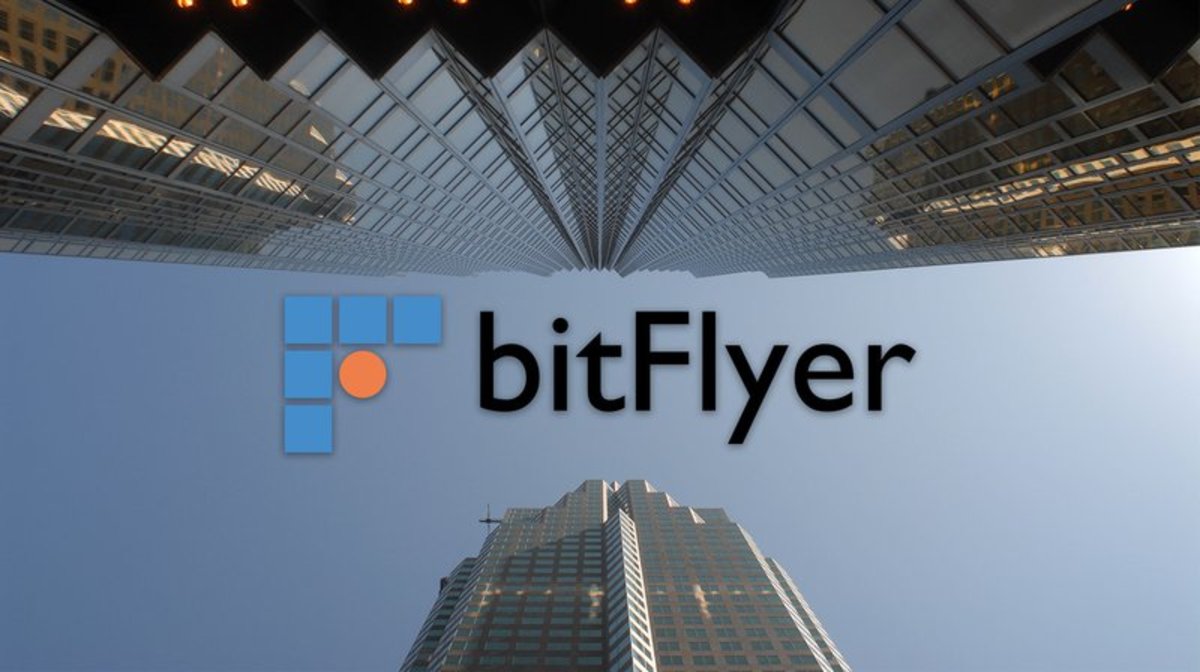
While China tightens its grip on its cryptocurrency community, Japan is openly embracing cryptocurrencies and blockchain technology, legalizing bitcoin, and encouraging and funding blockchain research.
Even Japan’s banks are onboard, working collaboratively to develop a blockchain platform specifically for the financial sector. With its 120 member banks, the Japanese Bankers Association (JBA) is creating a Collaborative Blockchain Platform and is actively looking for a company to supply its blockchain technology on an ongoing basis.
Experimenting with the Collaborative Blockchain Platform, the JBA will initially determine which financial services best lend themselves to the new platform, likely including settlement/transfer services, know-your-customer (KYC) systems and financial infrastructure such as their Zengin System and Densai Net System.
Japanese bitcoin exchange bitFlyer is stepping up to the plate to take on tech giants including Fujitsu, Hitachi and NTT Data to be the supplier of the blockchain platform that will be used by Japan’s banks.
Although it is one of the largest cryptocurrency and blockchain startups in Japan, the Tokyo-based bitFlyer has its work cut out for it if it wants to upset these three corporate heavyweights and win the right to supply the bankers with a blockchain platform using its miyabi technology.
The company’s COO Bartek Ringwelski told Bitcoin Magazine:
“bitFlyer is the only startup in the event, and we have only raised $36mm since 2014, but we have deep expertise in blockchain technology through our virtual currency exchange (the largest in the world by volume, including margin trading) and our ‘miyabi’ product.”
By way of comparison, Hitachi posted $83 billion in revenue in 2016, Fujitsu posted $47 billion on 2015 and NTT Data posted $15 billion in 2016.
Acknowledging a sea change in Japan’s attitude to cryptocurrency, Ringwelski noted that Japan is actively encouraging and supporting both cryptocurrencies and blockchain technology:
“Japan is emerging as a leader in blockchain adoption. Japanese consumers are embracing virtual currencies, regulators are proactive, and banks are recognizing the power that blockchain, and specifically miyabi, can bring to the financial infrastructure.”
Miyabi Blockchain Technology
The name “miyabi” was first coined between the 9th to 12th centuries by Japanese aristocrats to refer to the theme of elegance and refinement.
According to Ringwelski, bitFlyer’s miyabi blockchain platform is the fastest in the world:
“Based on our research, ‘miyabi’ is the fastest enterprise-grade blockchain technology, delivering 1,500 - 2,000 transactions per second on average, and in some cases, even faster,” Ringwelski said.
Their processing speed of 1,500 to 2,000 transactions per second compares with Bitcoin’s two transactions per second and Ethereum’s seven transactions per second. They also estimate that among the other three competing companies, the maximum speed to beat is 1,000 transactions per second.
When it launched the competition, the JBA made it clear that security and immutability were their first priority. In their view, only a private, permissioned blockchain could satisfy this requirement.
Going Global
BitFlyer’s CEO Yuzo Kano has said he wants the company to go global in the near future and will start by expanding to the U.S. market this fall, initially offering bitcoin trading but expanding to other cryptocurrencies within the next year. The company says it has received approval to start trading from 34 U.S. states.
In the meantime, Ringwelski says that they are eagerly awaiting the decision of the JBA:
"The partner ultimately chosen by the JBA will stand to become part of the core Japanese banking infrastructure — it would be a big deal. Beyond the value of gaining the JBA as a new customer, securing a JBA contract would help spread miyabi to new enterprise blockchain applications and customers worldwide."
Investors in bitFlyer include SMBC Venture Capital, Mizuho Capital, Dai-ichi Life Insurance, Mitsubishi UFJ Capital, Mitsui Sumitomo Insurance Venture Capital, Recruit Strategic Partners, Dentsu Digital Holdings, SBI Investment, GMO Venture Partners, QUICK and Venture Labo Investment.










